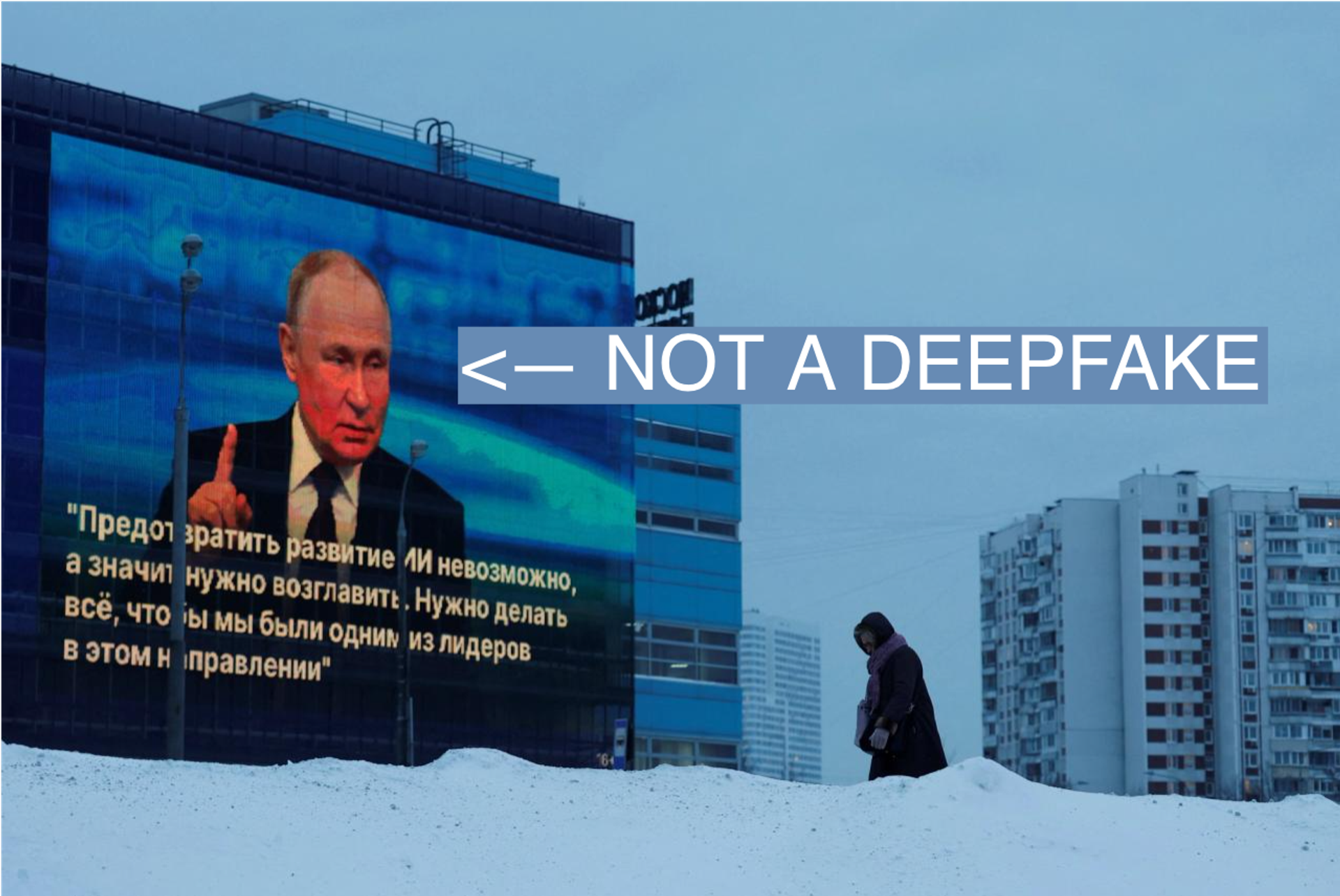The News
Russian President Vladimir Putin on Thursday held his first lengthy press conference since the war in Ukraine began, answering questions from Russian residents and soldiers, state media, and international press for four hours.
Here are the main takeaways from the marathon press conference, according to journalists and analysts.
SIGNALS
Russia’s economic and military success, according to Putin
Putin said there will be peace in Ukraine “only when we achieve our goals,” including the “denazification” of Ukraine. That essentially means he still wants Ukraine’s full surrender, the FT’s Moscow bureau chief said: “Putin was clear he isn’t making any concessions.” Putin said that an increase in Russia’s military power has made the economy more robust and “very resilient,” Meduza reported. But he “appeared to have little to offer in terms of economic relief to ease the costs of the war on the population,” beyond an increase in the minimum wage, The Washington Post reported.
Putin’s first public remarks about Evan Gershkovich
The president said that Russia wants to “reach an agreement” about the possible return of detained Wall Street Journal reporter Evan Gershkovich, amid an ongoing “dialogue” between the U.S. and Russia about his status. Leaders at the Journal welcomed the remarks, saying they “hope this will lead to a rapid conclusion,” while the U.S. State Department said Putin should “look at the proposals that we have made” to bring the journalist home. The same day, Gershkovich made a court appearance in which his latest appeal was rejected, leaving him detained and awaiting trial until Jan. 30.
Putin meets AI Putin
One bizarre moment of the press conference came as Putin took a question from an AI-generated deepfake version of himself, who asked if he had any body doubles. Putin responded that he “decided that only one person must be like me and speak with my voice, and that will be me.” It followed speculation and unverified reports that the president uses body doubles at public events for health or security reasons, a charge the Kremlin has denied before. Last month, Putin said Russia should adopt a national strategy on AI development to prevent a Western monopoly on the tech.

